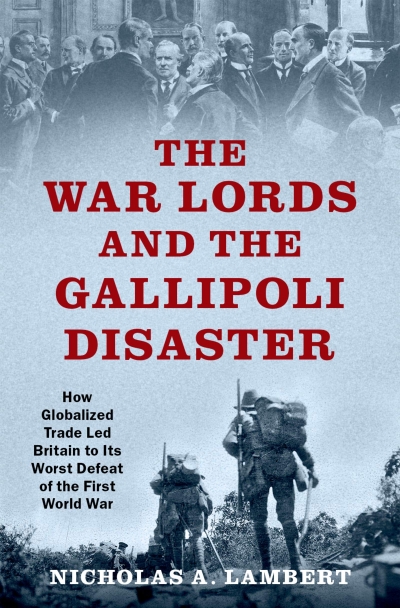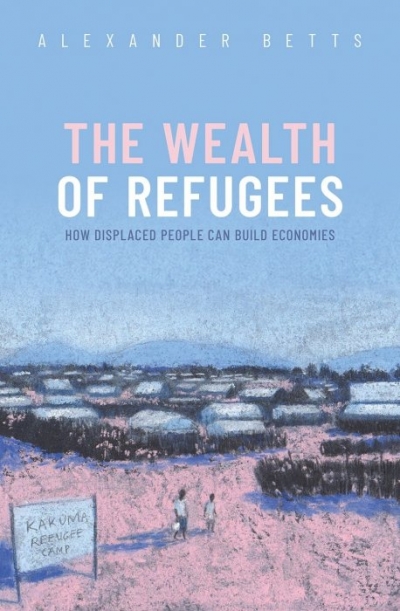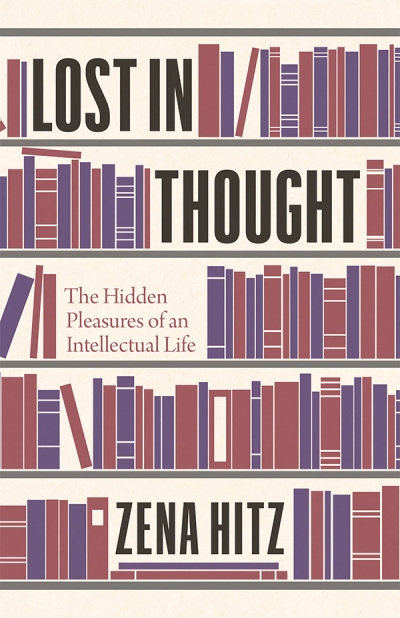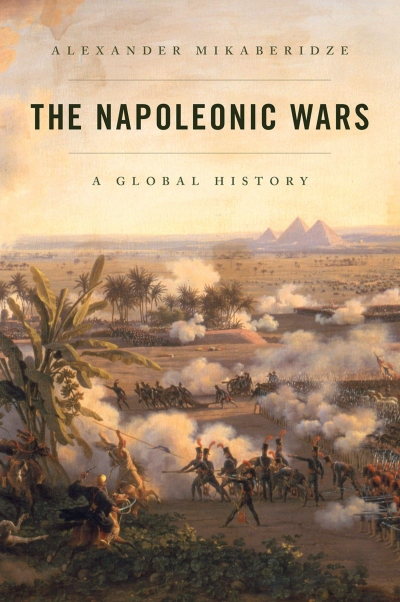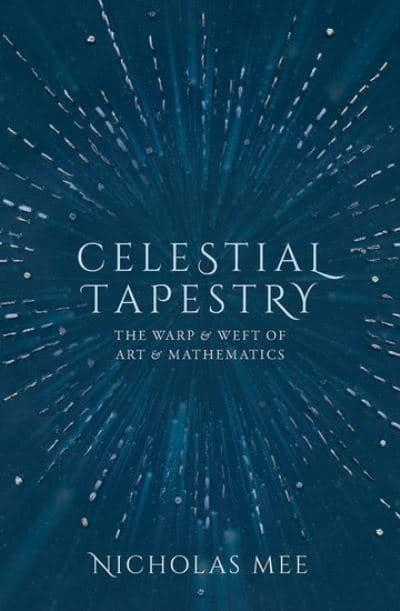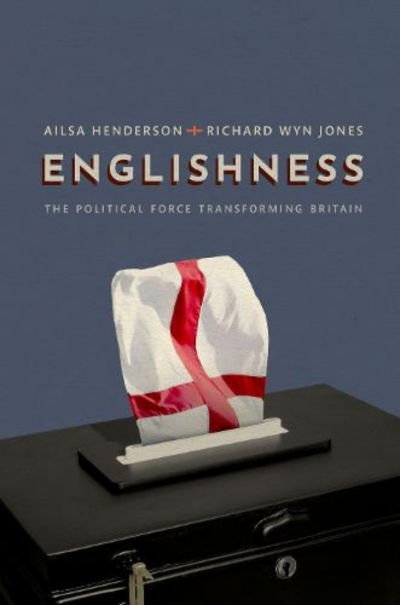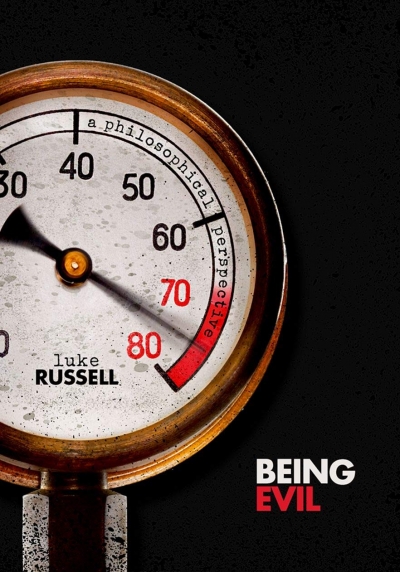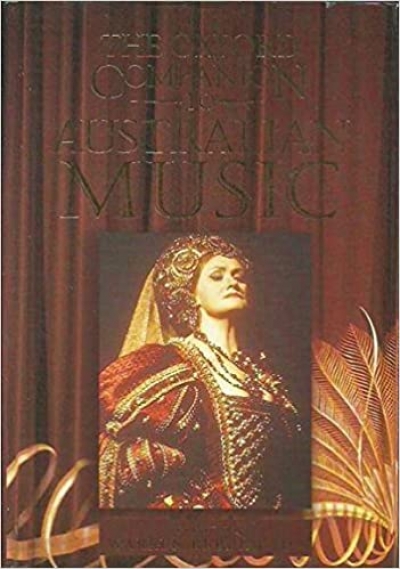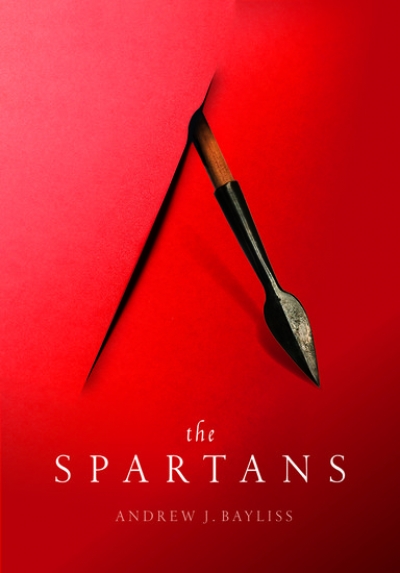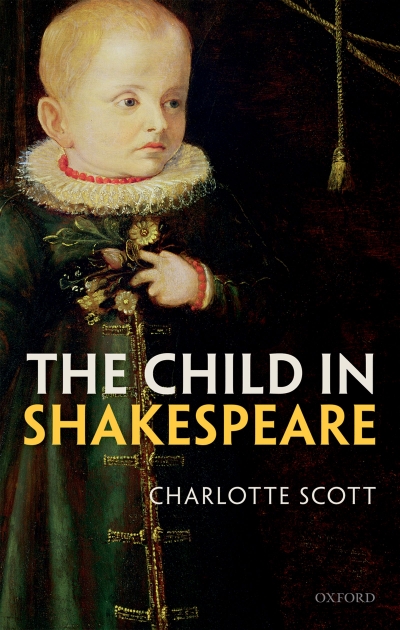Oxford University Press
The War Lords and the Gallipoli Disaster: How globalized trade led Britain to its worst defeat of the First World War by Nicholas A. Lambert
by Joan Beaumont •
The Wealth of Refugees: How displaced people can build economies by Alexander Betts
by Maria O'Sullivan •
Lost in Thought by Zena Hitz & The Battle of the Classics by Eric Adler
by Matthew R. Crawford •
Celestial Tapestry: The warp and weft of art and mathematics by Nicholas Mee
by Robyn Arianrhod •
Englishness: The political force transforming Britain by Ailsa Henderson and Richard Wyn Jones
by Ben Wellings •
The Oxford Companion to Australian Music edited by Warren Bebbington
by David Malouf •

